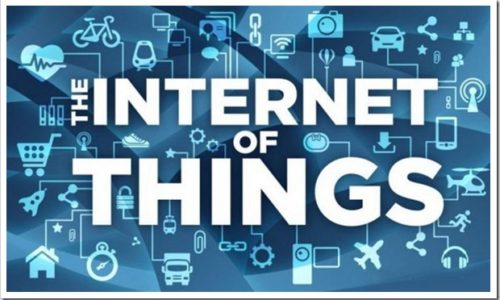
Free Content and Streaming Music Challenged at Grammy’s
- Jeff Ryznar
- February 16, 2016
- Business, Content Marketing, Social Media, Sports Marketing, technology
- content marketing, grammys, lebron james, niche social communities, player's tribune, social media, Sports Marketing
- 0 Comments
I’m gonna be honest, I don’t like 90% of the music that is out there today. So watching the Grammy’s last night, for me, was more about a hopeful train wreck that was going to unfold. And I have to say, I wasn’t disappointed, but I imagine that a majority of the viewing audience missed it.
The biggest jaw dropping moment of the night came when Recording Academy President, Neil Portnow, and one of my favorite Hip Hop artists of the 2000’s, Common, took the stage and basically put free tier music streaming on blast. While it wasn’t the first time the President of the Academy aligned himself with his musical counterparts to take aim at companies like Spotify to compensate artists for their work, this time, it reverberated much louder than the gunshot-like beats in Kendrick Lamar’s performance.
The passionate plea that Portnow and Common made has more implications than just to music. By uttering the phrase, “Isn’t a song worth more than a penny,” Portnow did something that more than just challenge the music industry – he challenged free content distributions channels EVERYWHERE.
Content May be King, But Distribution is Queen
As Twitter continues to molt with the future viability of their business model becoming more and more uncertain everyday, and companies like LinkedIn lose billions in valuations from their poor performances, a content war is being waged and last night was the first shot across the bow. While everyone says, “Content is king,” let’s not forget, behind every male leader is a stronger female and, in this analogy, the Queen is distribution, and she is starting to rule the kingdom.
Since the dawn of social channels like MySpace and Facebook, individuals have used large, free channels to distribute their content to the masses. These channels provide two of the most important values our society now covets the most: free and convenient. However, just as the music industry started the sharing of content with Napster and other file sharing services, this same industry is igniting a fire that, in my opinion, will change social media forever.
Distribution of content is going to go through an awakening. Celebrities, athletes and individuals are going to take a stand, no longer having their content pimped out by Facebook, Twitter, Snapchat and a countless number of other channels. These individuals will start to monetize their own content in spaces for mobile tribes of people who want and value their content the most. In a world of monetization, it won’t be long before these artists and personalities realize the only thing they truly have left that is theirs is their content. It is valuable. It is unique. It is a desired commodity and they are giving it away for free.
Premium Content Networks are Already Here
Last night, the Grammy’s gave a glimpse into a revolution that will eventually be happening, whether we like it or not. I know you might think I am crazy and that this will never happen. However, if you look around, you can see that this is already starting to take shape. The Player’s Tribune, a company founded by Derek Jeter and other athletes are already delivering freemium content from the athletes themselves. Even, Lebron James’s, Uninterrupted, and Steph Curry have started their own community based environments for exclusive content and insights from players’ most intimate and private moments. Even the Kardashians launched their own social community that generated projected annual revenues of over $32 million from subscription sign ups. It is not a matter of if it will happen, it is a timeframe of when everyone else will realize their most valuable asset in today’s connected world is not making money for them.
Free channels aren’t going anywhere. We are too connected and have too much of our personal lives wrapped up in society of immediate gratification that we can’t move anywhere. However, The Grammy’s have made it very clear their intentions to regulate and monetize artists creations is not going away. The implication for public figures and celebrities everywhere is that they will soon realize, the same way the music industry has, that their is a commodity worth more than a penny, which is more than they are getting right now for it.
Related Posts

- Jeff Ryznar
- November 11, 2015
The Price of Supporting Our Troops with Sports Marketing
Attracting the next generation of servicemen and women to protect our freedom is taking on a fo ..

- Jeff Ryznar
- November 25, 2015
Humans and Technology Living Together…Mass Hysteria!
Maybe Peter Venkman wasn't far off. The marriage of humans & technology causing "mass hysteria. ..





Recent Comments